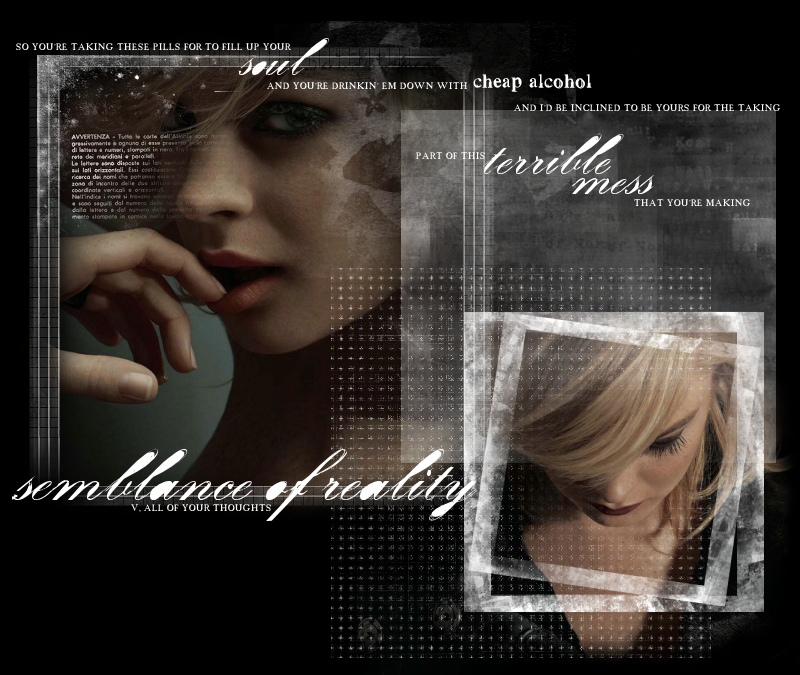8:56 p.m. // this is my reality \\

The second trilogy wasn't like the first - that much is easy to see. But what the second trilogy is, unlike the first, is a coming-of-age story. Imriel in Kushiel's Mercy is nothing like the sullen, self-absorbed boy in the first book, or even the rash young man of the second. Phedre had to learn to grow up all at once in the first book, and her maturity through the trilogy was subtle. I didn't like the Imriel of the first book, and found the second, while better than the first, still not up to par. But Kushiel's Mercy redeemed the trilogy for me, and made me truly fall in love with Carey's protagonist.
At first, there was a major plot device in the story that I didn't feel appropriate - I didn't think that the Kushiel series was sufficiently entrenched in that particular kind of fantasy, for it to be employed, requiring such a suspense of belief as it does. It reminded me of a certain, and rather frustrating novel in Terry Goodkind's Wizard's First Rule series, which made me weary. But as seemingly unbelievable as it was, it was a devilishly good device, and as I got further into the book, the particular plot device kept me in suspense and in fear, at once rooting for Imriel's success yet fearful of the damage his dangerous ploy could sow. I will say that Carey pulled off writing the disguise and the changed narrative rather brilliantly.
My one complaint is that with the focus of the story on Imriel, and on Sidonie, the secondary characters of Phedre, Joscelin and Ysandre seem to me to be... off. Perhaps it is only because the reader sees them in the protagonist's view, but the way the secondary characters act in the conclusion of the novel are not what I would have expected - they are not the singularly strong characters they were in the first trilogy, and I miss that.
In all, I dearly loved this book, and I did feel it redeemed the second trilogy, though I don't feel the pull to re-read the books, so much as the first trilogy. I would be happy to re-read this one story, this story of an Imriel, much grown up and grown into himself.
5:05 p.m. // this is my reality \\



